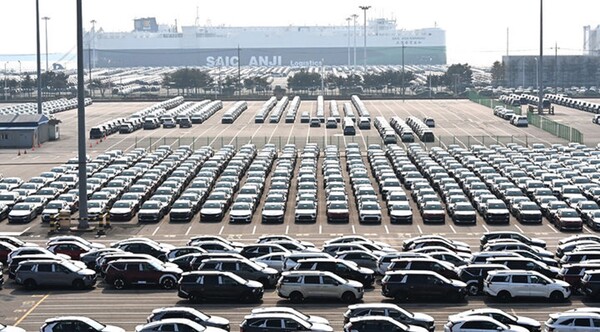Reviving FTA Negotiations Between Korea and Mexico
The Korean government has announced on April 11 its intention to fast-track the resumption of free trade agreement (FTA) negotiations with Mexico. This initiative is strategically designed to bolster domestic automobile manufacturers exporting to the U.S. under the United States-Mexico-Canada Agreement (USMCA) framework.

US Automotive Market and Trade Dynamics
With 16.46 million automobiles sold in the U.S. last year, representing 18% of global sales, the market's significance is undeniable. However, the U.S. faced a trade deficit in automobiles, notably with Mexico, which accounted for $88.7 billion of the $197.1 billion total imports.
Strategic Moves by Automakers
Both U.S. and Korean automakers have established operations in Mexico to capitalize on lower labor costs and USMCA benefits. Companies like Kia Motors and Hyundai have set up manufacturing facilities across Mexican cities, leveraging the agreement for tariff-free exports to the U.S.
Government's Strategic Plan
Aiming to mitigate the 25% tariff on Korean exports, the Korean government is pushing for an FTA with Mexico. This move is expected to reduce tariff burdens and enhance exports to Central and South America, which are among Korea's top export destinations.
Historical Context and Future Prospects
Despite slow progress in past negotiations due to trade deficit concerns, current global trade policy shifts offer a favorable environment for a Korea-Mexico FTA. The Korean government targets an agreement by early next year, potentially expanding its FTA network to cover 82% of its trade volume.
Potential Benefits for Korean Industries
An FTA with Mexico could significantly benefit Korean auto parts companies, among others. The government is committed to swiftly resuming negotiations to capitalize on these opportunities.






Comments